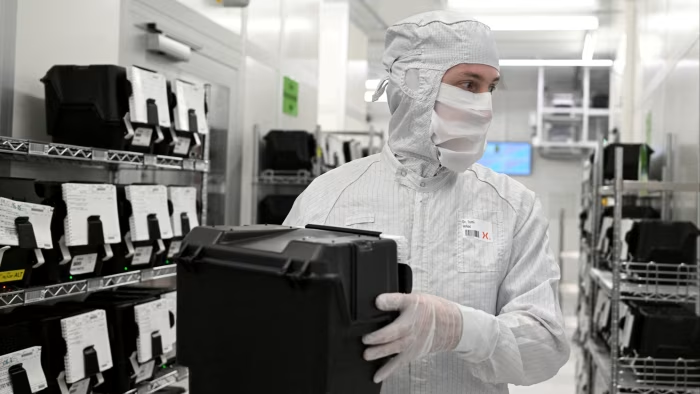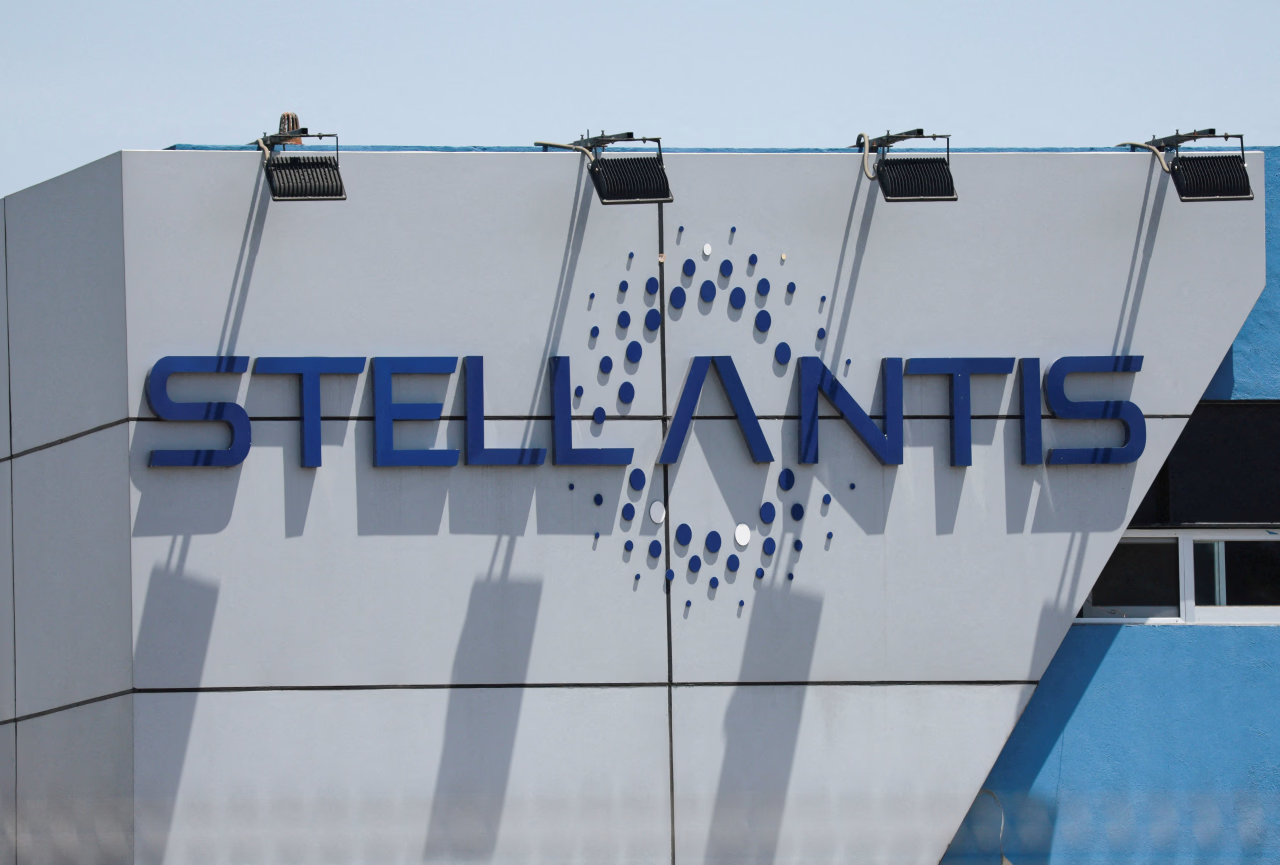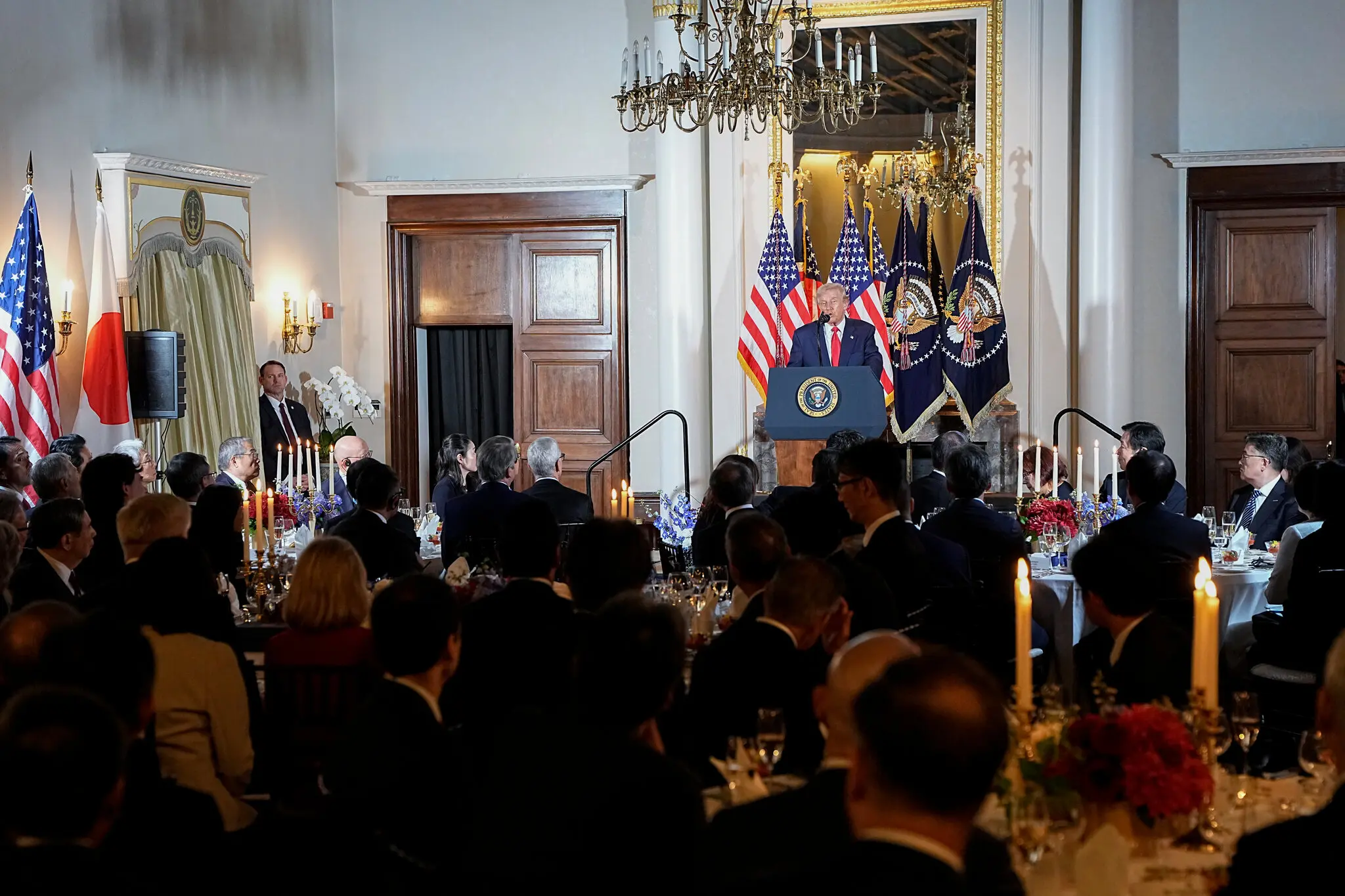Washington — The U.S. administration is preparing to announce that the Chinese‑based facilities of the Dutch chipmaker Nexperia will resume exporting semiconductors, in a move expected to relieve severe pressure on the global automotive supply chain.
What’s happening
The company, majority‑owned by Chinese firm Wingtech Technologies, had its Dutch operations taken over by the Netherlands government earlier this month amid national‑security concerns. In response, China reportedly blocked exports from Nexperia’s local manufacturing operations.
In light of these developments, the U.S. and Chinese authorities appear to have reached a temporary truce which will permit Nexperia’s Chinese facilities to resume shipments under an exemption regime. The Chinese commerce authorities have indicated they will review applications from firms affected by supply disruptions and may grant export licences to eligible firms.
Why this matters
Semiconductors made by Nexperia are used in a wide range of automotive functions—such as lighting controls, sensors, power regulation, braking systems and electric windows. A sustained stoppage in supply sparked warnings from major automakers that production lines could shut down.
By allowing shipments to resume, the pact helps relieve the risk of shutdowns in factories globally. It also signals that geopolitical tensions around advanced supply‑chain assets are beginning to see pragmatic adjustments, even though underlying frictions remain.
Key players & implications
- Automakers: Companies in the U.S., Europe and Asia had warned of imminent production restrictions if chip supplies did not resume.
- Governments: The Dutch government’s seizure of Nexperia raised alarms in Beijing; the Chinese commerce authority’s willingness to approve exports suggests pragmatism is winning over confrontation.
- Supply chain: The situation highlights how “low‑complexity” chips (often costing only a few cents each) are nonetheless critical components. Their availability affects entire manufacturing ecosystems.
- Geopolitics & regulation: The episode underscores how national security concerns, foreign‑ownership rules and export controls are now major factors in industrial policy, especially for semiconductors.
Risks and uncertainties
While an agreement is apparently in place, details are still thin. Neither the company nor the Dutch government has publicly confirmed the timing or scope of the export resumption. It remains unclear which product lines will be covered, how many firms will qualify for exemptions and how long the deal will hold.
Moreover, this resolution may only be temporary. Underlying issues around governance, cross‑border control of sensitive technologies and dual‑use export risks remain unresolved. The broader trend of nations seeking to “on‑shore” or diversify critical supply chains is unlikely to reverse.
Final word
This development marks a relief for the beleaguered auto sector and reflects a pragmatic turning point in a high‑stakes semiconductor dispute. Yet, it also serves as a reminder that the semiconductor supply chain is now deeply entangled with geopolitics. For manufacturers and policymakers alike, the lesson is clear: even seemingly minor components can become strategic chokepoints, and resilience must now include regulatory and diplomatic dimensions—not just technical ones.
















Leave a Reply